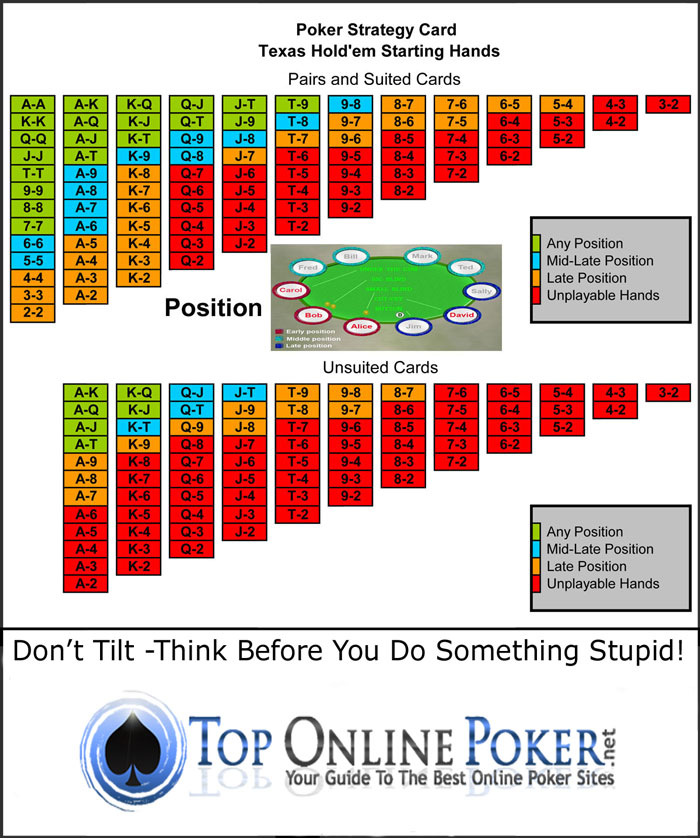Poker tournament strategies play a crucial role in ensuring success for both novice and seasoned players. As aspiring poker enthusiasts prepare to step into the exhilarating realm of competitive play, understanding the unique strategies that distinguish tournament formats from traditional cash games becomes essential. In this guide, we will delve into vital tactics tailored for beginners looking to navigate the vibrant world of poker tournaments. From mastering the basics of starting hands to refining positional play, each strategy will equip you with the skills needed to thrive. Whether you’re interested in beginner poker tips or practical tournament strategy tips, this article aims to set you on a path to mastering poker tournaments effectively.
Diving into the intricacies of competitive poker can be a formidable yet rewarding experience, particularly for those new to the scene. In exploring tournament dynamics, players must grasp how to effectively navigate different stages while leveraging key poker strategies for beginners. Today’s discussion will encompass fundamental tactics essential for excelling in tournaments, thus ensuring that you are well-prepared for your next poker challenge. Whether you seek advice on tournament tips or wish to learn the basics of poker tournaments, understanding how to manage your chip stack, position, and the psychological aspects of the game is pivotal in achieving success.
Mastering Poker Tournament Strategies for Beginners
Poker tournaments can often feel like a complex web of strategies that require time and practice to untangle. For beginners, understanding fundamental **poker tournament strategies** is vital for leveling the playing field against more experienced opponents. One of the most effective strategies is to focus on your **starting hand selection**. Early in the tournament, when the blinds are low, it’s essential to play tightly and choose only premium hands to avoid unnecessary risks. As the tournament shifts into mid-game, adapting your starting hand range can yield greater rewards if done strategically. This evolution in play will help you maximize chip accumulation and position yourself for deeper runs.
Moreover, maintaining awareness of your **position at the table** significantly influences your decisions in tournaments. Late position can be a powerful advantage, as it allows you to gather crucial information about your opponents before committing your chips. Capitalizing on this advantage by pairing it with strong hands creates opportunities to either build your stack or bypass risky confrontations. Thus, mastering these essential aspects of tournament play will establish a strong foundation for any beginner looking to thrive in **poker tournaments**.
Essential Tournament Strategy Tips Every Beginner Should Know
As you aspire to improve your skills, grasping key tips for **tournament strategy** becomes essential in your poker journey. Recognizing that patience is often a player’s best ally cannot be overstated. Beginners frequently succumb to the urge to act impulsively, especially when faced with rising blinds. Learning to practice patience, watching for opportune moments to strike, can significantly enhance your tournament performance. It’s especially critical during the early stages where preserving your chip stack should take precedence over seeking out risks.
Furthermore, becoming familiar with concepts such as the Independent Chip Model (ICM) is a must for successful tournament play. Understanding ICM helps in making crucial decisions in later rounds, often determining the difference between making money and leaving empty-handed. Begin analyzing your chip stack in relation to your opponents and the overall payout structure. Getting accustomed to these strategic elements equips beginners with the savvy needed for effective **poker tournament management**, allowing them to adapt their gameplay according to their position and the accumulated chip count of their rivals.
Frequently Asked Questions
What are some essential Poker Tournament Strategies for beginners?
For beginners, mastering Poker Tournament Strategies begins with understanding starting hand selection, position, and blind management. Starting hand selection involves playing stronger hands in the early stages and adapting your range as the tournament progresses. Position plays a critical role; being in late position helps in making better decisions by observing your opponents. Blind management is also vital—keeping track of your chip stack relative to the blinds is important for adjusting your strategy effectively.
How can beginners learn effective Tournament Strategy Tips for Poker?
To learn effective Tournament Strategy Tips for Poker, beginners should focus on understanding the tournament structure, practicing patience, and developing their psychological resilience. Familiarizing yourself with the Independent Chip Model (ICM) will help you make strategic decisions in critical moments. Regular practice, whether through online play or local tournaments, can also aid in applying these strategies and improving your overall gameplay in competitive settings.
| Key Point | Description |
|---|---|
| Starting Hand Selection | Play tight in early stages, selectively expand range in middle/late stages. |
| Position Matters | Utilize late position to observe opponents and make informed decisions. |
| Blind Management | Be aware of stack size relative to blinds; adjust strategy accordingly. |
| Adjusting to Opponents | Analyze opponents’ styles and adapt strategy based on their play. |
| Psychological Preparation | Maintain mental toughness; use techniques to combat fatigue and stress. |
Summary
Poker Tournament Strategies are essential for any beginner looking to navigate the complexities of tournament play successfully. As outlined above, various elements contribute to effective gameplay, from diligent hand selection and understanding positional advantage, to managing blind levels and adjusting tactics based on opponents. These strategies not only provide the necessary framework for beginners but also cultivate a mindset that values patience and adaptability. Embracing these principles allows newcomers to enhance their skills and increase their chances of achieving success at the tables. Ultimately, the journey in poker is continuous learning, and by applying these foundational strategies, players will find themselves more prepared for the challenges ahead.
